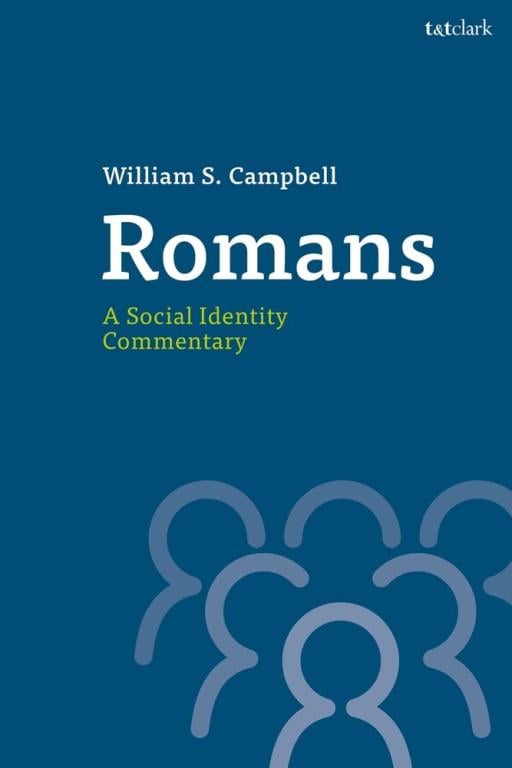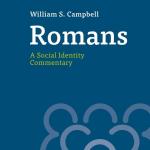Q. I really find the argument of Neil Elliott as not compelling, trying to find anti-imperial rhetoric in Romans here there and everywhere. I think Rom. 13 cannot be explained that way at all. Rather I think Paul is sharing a rather typical Jewish reaction to paganism from Rom. 1 on. It requires a lot of assumptions to find Elliott’s argument compelling. For one thing, we do not know that the Christians in Rome are Romans or Roman citizens who have bought the Roman propaganda about being favored above all others by the gods. As you suggest, probably many if not most of them are immigrants, which could explain the total lack of reference to Romans in Romans, and by contrast the mention of Greek and non-Greek speakers (i.e. barbaroi which does not refer specifically to Romans, it refers in general to non-Greek speakers) at the outset in Rom. 1.14. One has to wonder, since this letter is entirely in Greek, how many actual non-elite Romans in Rome were fluent in something other than Latin and could get the nuances in a Greek discourse. It’s question well worth asking. Would someone worried about the emperor cult and it’s affect on his audience really say that his audience should recognize that the Romans have received authority from the God of the Bible, and they should submit to their authority and their taxes, if he thought otherwise? Paul doesn’t striking me as the kind of person who would not speak plainly about something as important as that. What is your perspective on the imperial cult during the early years of Nero, and its influence?
A. In my view, there are political overtones in the terminology Paul uses, thus implicitly at least questioning the triumphalist claims of imperial Rome. I agree that Paul’s addressees were most likely not elite Roman citizens. But one need not know Latin, to understand the iconography and rhetoric present in the streets of Rome. Similar to today, also non-elite people are aware of and influenced by events, discussions, and prejudice of their societies. The issue is not imperial cult per se, but the permeation of all levels of society one way or another, with Roman actual and ideological dominance. At the time of Paul’s writing the rumbling of unrest in the province of Judea and Jerusalem resonated already also in Rome. I think Paul’s advice not to take matters in their own hands has to do with his conviction that in the immediate future God would ultimately intervene. Thus Caesar (whoever this was) could only act in the interim as an agent of God, because God was in charge of all.













